By now, landowners on the path of Grain Belt Express have likely received a packet in the mail from the condemnation law firm, Denlow and Henry of St.Louis, Missouri. While most of the information in the packet is accurate and helpful, the third sentence of the first paragraph states that the Grain Belt Express project has been fully approved. As discussed below, this statement is somewhat misleading. The project has not been fully approved.
Grain Belt/Invenergy Has Not Been Fully Approved
Grain Belt Express has not been approved in Illinois. In fact, the company has not even applied for the Certificate of Convenience and Necessity from the Illinois Commerce Commission, the state’s equivalent to our Public Service Commission. That application process could take 18 to 24 months. There is no guarantee it would be approved when it does apply.
Grain Belt also must obtain consent from each of the eight Missouri counties it is slated to cross before it can begin construction. And, to the best of our knowledge, after it was granted permission to build the line in Missouri the company has not approached any of the eight impacted Missouri county commissions for their consent.
Finally, the company has not yet obtained the financing to construct the line and doing so would require the project to be fully approved.
Reminder of Landowners’ Rights
At this time, neither Grain Belt Express employees nor any of its contracted agents including surveyors may enter a landowner’s property without the landowner’s permission.
Furthermore, landowners are under no obligation to allow access to their property for any reason. They also are under no obligation to talk or negotiate with the company’s representatives or agents.
Grain Belt is currently Attempting to Acquire Easements from Landowners Voluntarily. The offers to purchase easements by land agents do not constitute the required 60 day notice of intent to condemn property.
We do not expect Grain Belt to begin condemnation proceedings until all the regulatory approvals and financing have been obtained. Easements obtained through condemnation would be very much more expensive for the company than those acquired by negotiation.
Owners Need Not Contact Attorneys until Receiving the Required 60 day Notice
As we have said many times before, we believe landowners faced with condemnation will fare better if they retain an experienced condemnation attorney. At this point, however, condemnation attorneys are not likely to get involved. Only after the 60 day notice of intent to condemn has been sent to landowners will condemnation attorneys normally get involved.
We suggest that landowners do not sign anything. However, if you are inclined to do so, we do suggest you either call us or an attorney before signing anything the company or any of its agents ask you to sign.
Important Factor about Easements Obtained Through Condemnation
Another reason why we believe landowners will fare better if they retain a condemnation attorney rather than sell an easement to GBE outright is the Public Service Commission approval order of GBE. The order stated that all easements acquired through condemnation must be dissolved with full ownership reverted back to landowners without reimbursement to the company if financing for the construction of the line has not been obtained after five years by the company.
However, the Public Service Commission did not order GBE to dissolve the easements purchased from landowners voluntarily nor has the company made any commitments not to seek reimbursement for payments they made for negotiated easements.
Landowners should remember that although it was approved by the Missouri Public Service Commission, GBE still lacks key approvals and financing. We should also remember that the Grain Belt/ Invenergy project is a highly controversial, privately owned speculative project that does not meet the typical public use requirements required by most states. That is, the project would not service all users in a territory and that all users of similar types are charged the same rates. Instead the company would deliver power only to utility companies at rates it would negotiate with each one separately. And the project certainly is not necessary to bring electricity to any area in Missouri or to update the grid in any way. GBE seeks to acquire, through condemnation, if necessary, approximately 800 miles of easement through thousands of farms and other private properties across three states.
I'm going to tell you a story about my own experience with eminent domain and how I got the best price possible for my land by holding out until the bitter end. It's not the first landowner to sign that gets the biggest payday, and it's not the landowner who signs somewhere in the middle of the process. It's the landowner who holds out until the condemnation hearing. I used to own undeveloped land that had been in the family for years. We'd been faithfully paying our taxes and holding on to it for future use. But then the county got into cahoots with a developer who wanted a large parcel of land for a private development. The county attempted to acquire this big parcel by piecing together a bunch of small, undeveloped parcels held mostly by out-of-state landowners. The county's first offer was insulting... it wasn't even as much as we paid for the property 30 years ago, never mind the taxes we had paid to the county over that time period. I refused to negotiate. Then a second offer showed up, more than the first, but still low-ball. Then the threat of condemnation showed up. I got a lawyer. With my lawyer, we continued to reject the county's increasing offers while the case headed to condemnation hearing. Literally on the court house steps on the day of the condemnation hearing, the county finally made an offer I could accept, and the deal was done. I was one of only a handful of landowners who had resisted all the county's efforts, and it was worth a bundle to the county not to have to face the judge. How much did my resistance yield? The offer I accepted was six -- 6 -- times the county's original offer. Lesson: It pays to be stubborn in a condemnation situation, and it is the landowner who holds out the longest that gets the biggest pay day. The county/company cannot afford to pay everyone top dollar, but it can afford to pay it to a handful of stubborn landowners at the end of the process just to get their project done. Be that landowner!
Grain Belt Express doesn't have all its permits, and has not even applied for some of them. The question you may want to ask yourself is why they're willing to spend money acquiring part of the land they need for a project with no substantial customers and no financing? This is not normal. It's risky behavior that most corporations shy away from. Remember Clean Line? It lost around $200M of investors' money engaging in risky behavior by spending so much on projects that didn't have permits or customers. Are we supposed to believe Invenergy has no sensitivity to risk? That Invenergy has pockets so deep that spending millions acquiring easements for a project that is not fully permitted means nothing?
I didn't fall off the transmission turnip truck yesterday. Invenergy is up to something. Does it think it doesn't need a permit in Illinois? Does it think it doesn't need county assent? Does it think it doesn't need customers? Hmmm... who creates a giant money suck without a revenue stream to balance it out? Maybe Invenergy doesn't actually want to sell transmission service to others? Maybe Invenergy wants to be its own transmission customer? That situation could be very profitable, but it's unlikely eminent domain could be used to condemn easements for a private use transmission line. Is Invenergy nothing more than a paper tiger, trying to acquire easements voluntarily before changing its business plan? Until the first 60-day notice gets issued, it's all voluntary acquisition.
Grain Belt's plan has a bunch of holes in it right now. Some things don't make sense. Block GBE has some good advice, folks! Solidarity is safety!

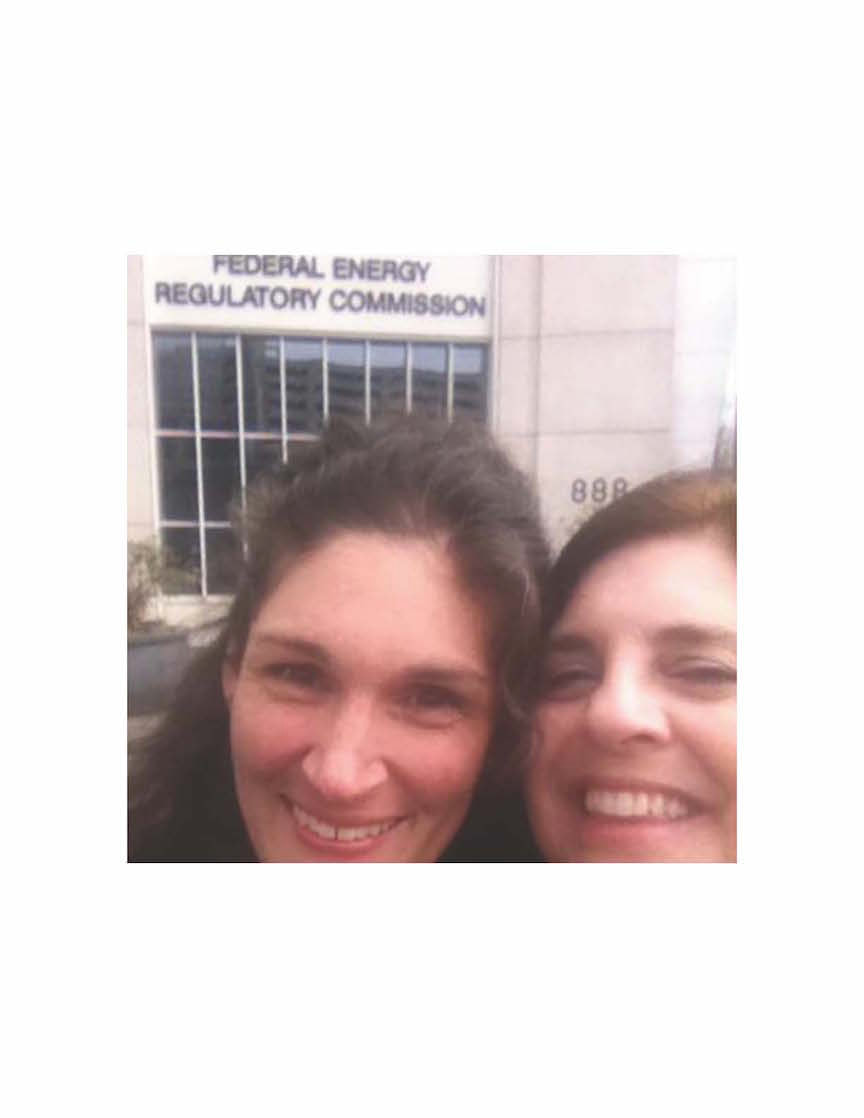

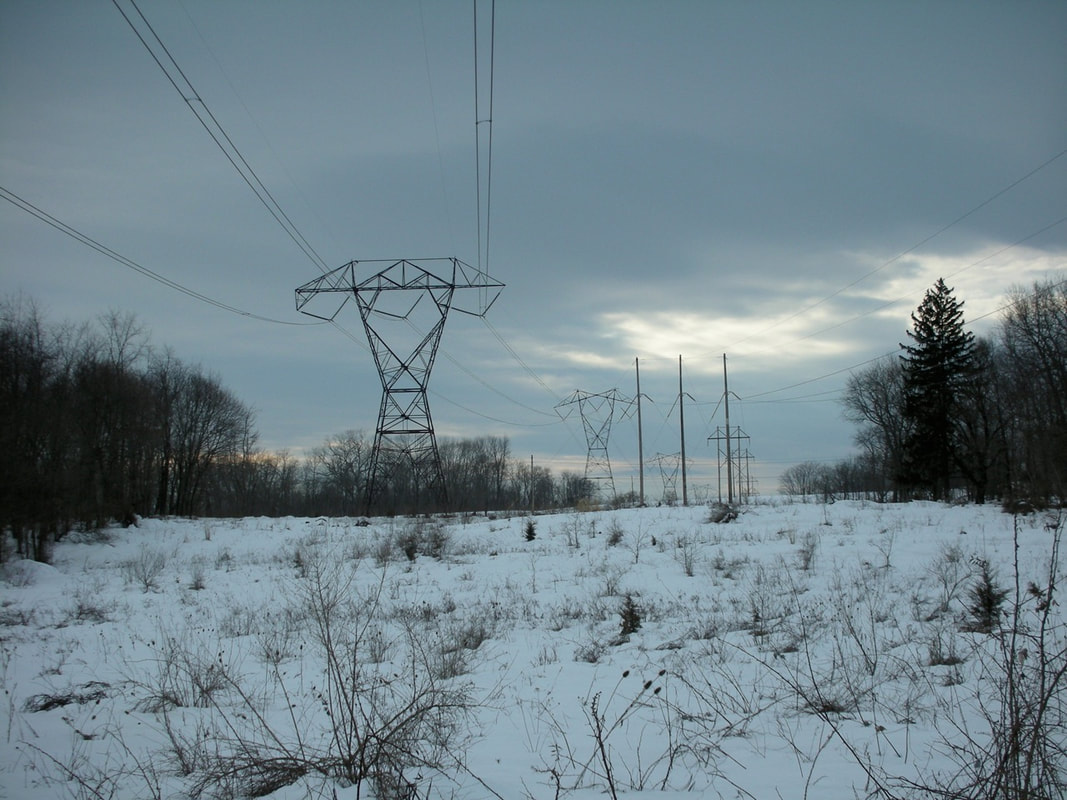
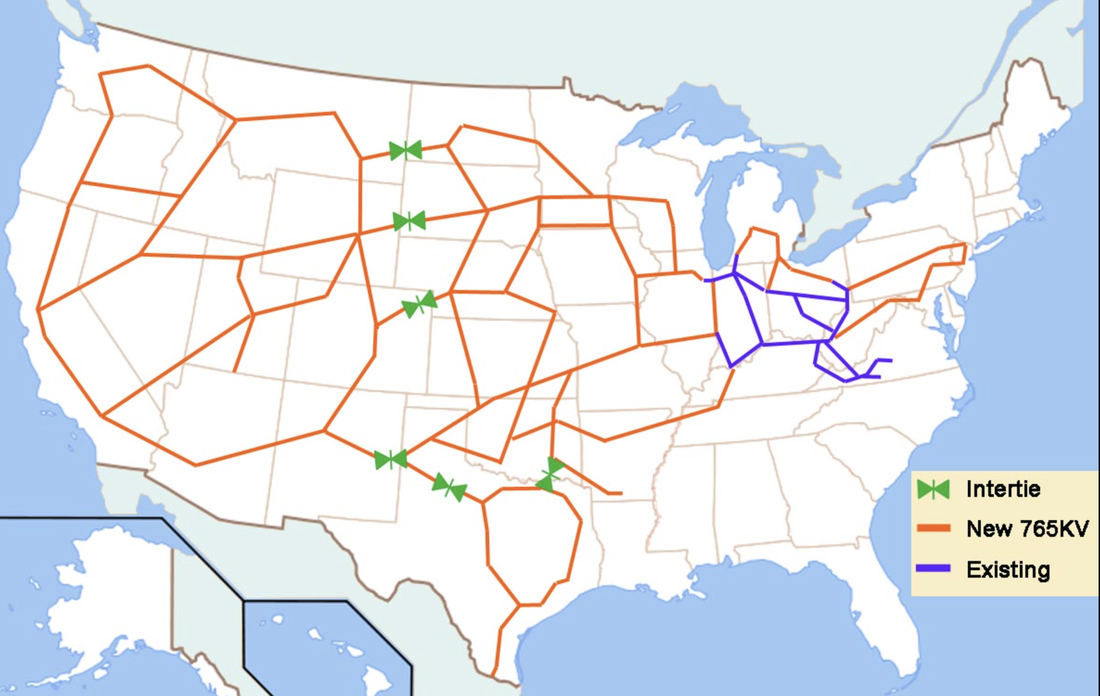
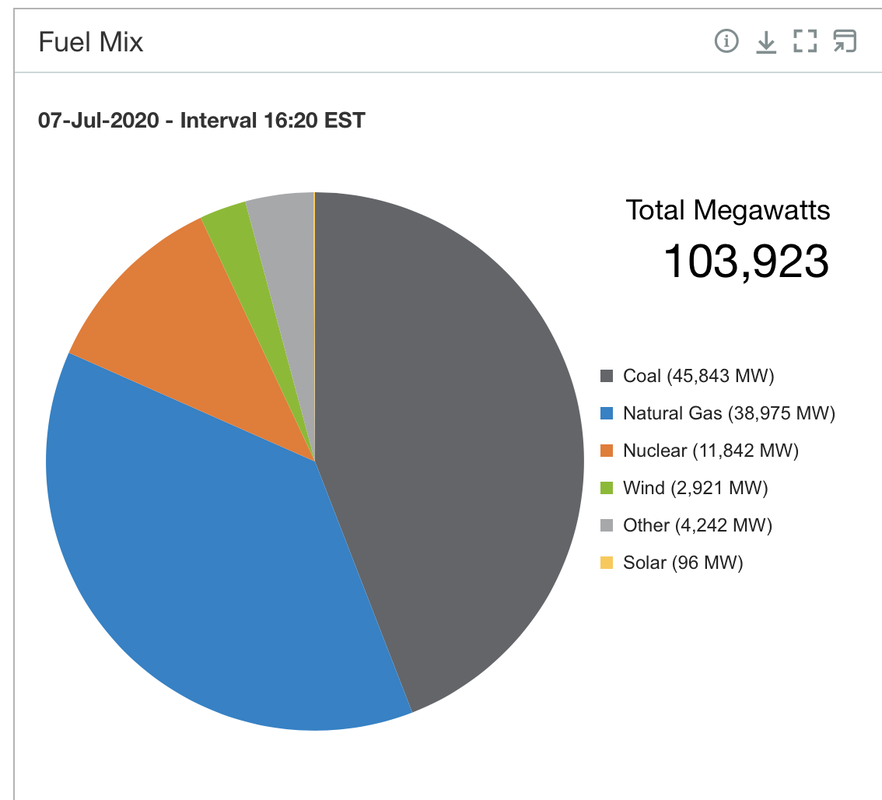
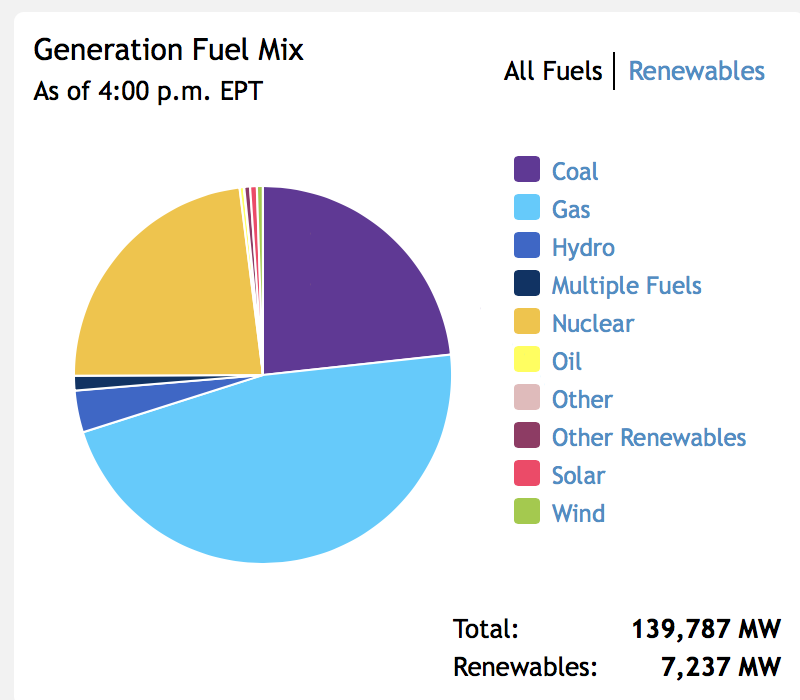
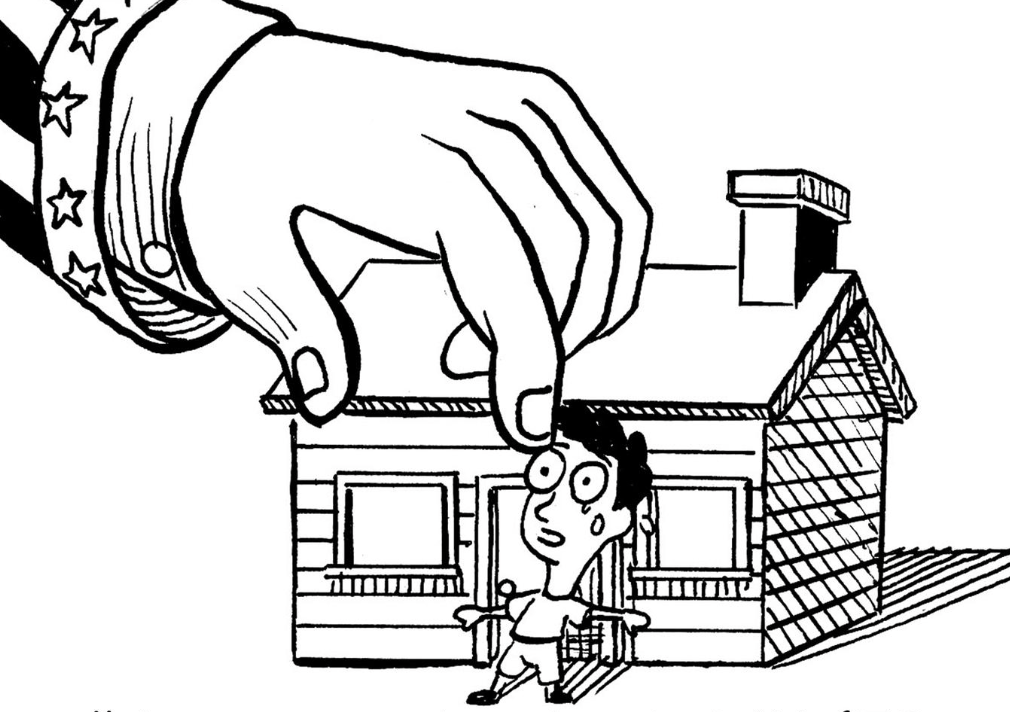
 RSS Feed
RSS Feed